Consumer Preferences Driving FMCG Growth in Qatar
Qatar’s Fast-Moving Consumer Goods (FMCG) sector is experiencing significant growth, driven largely by consumer preferences that emphasize quality and brand loyalty. This trend is evident across various segments, from dairy products to personal care items, and is supported by a combination of factors, including Qatar’s high per capita GDP and predominantly urban population. In this article, we will uncover the key factors behind Consumer Preferences Driving FMCG Growth in Qatar.
Key FMCG Players in Qatar
The Ali Bin Ali Group is a dominant force in Qatar’s FMCG market, with multiple business divisions dedicated to the successful sales and distribution of major international brands. This group’s comprehensive strategies cater to the diverse and multi-ethnic population of Qatar, ensuring a steady supply of high-quality consumer goods.
Other notable FMCG companies in Qatar include Batteel Bakery, known for its bakery products, and Lily White, which offers a range of personal care products. Zad Holding Company operates in various FMCG sectors, including food and beverages, while Baladna is a significant player in the dairy and food industry. Mazzraty and Teyseer Services Company also contribute to the sector’s diversity, with a focus on food products and the distribution of various FMCG items, respectively.
Brand Loyalty: A Key Driver of FMCG Success
Brand loyalty plays a pivotal role in shaping consumer preferences in Qatar’s FMCG sector. Consumers in the region demonstrate strong loyalty to brands that consistently meet their expectations in terms of quality, reliability, and value. This loyalty is often passed down through generations, creating a stable customer base for established brands.
In the packaged food segment, for example, international giants like PepsiCo and Nestlé have maintained a strong foothold in the market due to their long-standing reputation for quality. Their ability to innovate while staying true to their core values has helped them retain a loyal customer base in Qatar.
Growth in the Packaged Food Segment

The consumption of packaged food in Qatar is rapidly increasing, particularly among the urban population, due to the convenience it offers. This demand is largely driven by high consumption of snacks, carbonated beverages, and dairy products. The Qatari government’s focus on food security, in light of the country’s harsh climatic conditions and reliance on food imports, has also played a role in boosting the packaged food market.
Leading packaged food brands in Qatar include Baladna Food Industries, PepsiCo Inc., and Dandy Co Ltd. These companies, along with others like Nestlé SA and Mars Inc., are meeting the growing demand for packaged food, facilitated by Qatar’s developed transportation, cold chain systems, and retail infrastructure.
Trends and Market Dynamics
One notable trend in Qatar’s FMCG sector is the growing adoption of biodegradable food packaging. With the high consumption of packaged food, the need for sustainable packaging solutions has become increasingly important. Companies involved in the food and beverages sector are responding to this demand by adopting biodegradable packaging, which is expected to influence consumer preferences positively.
Despite the growth in the FMCG sector, challenges remain, particularly due to Qatar’s high reliance on imported packaged food. The country imports approximately 90% of its food, making it vulnerable to trade embargoes and sanctions, such as the one imposed by GCC nations and Egypt in 2017. However, the relaxation of these restrictions in 2021 has helped stabilize the supply of packaged food products.
Looking forward, there is a growing opportunity in the organic packaged food segment. As awareness of the health benefits of organic food increases, and with a significant portion of the female labor force in Qatar seeking convenient and healthy options, the demand for organic packaged food is expected to rise.

